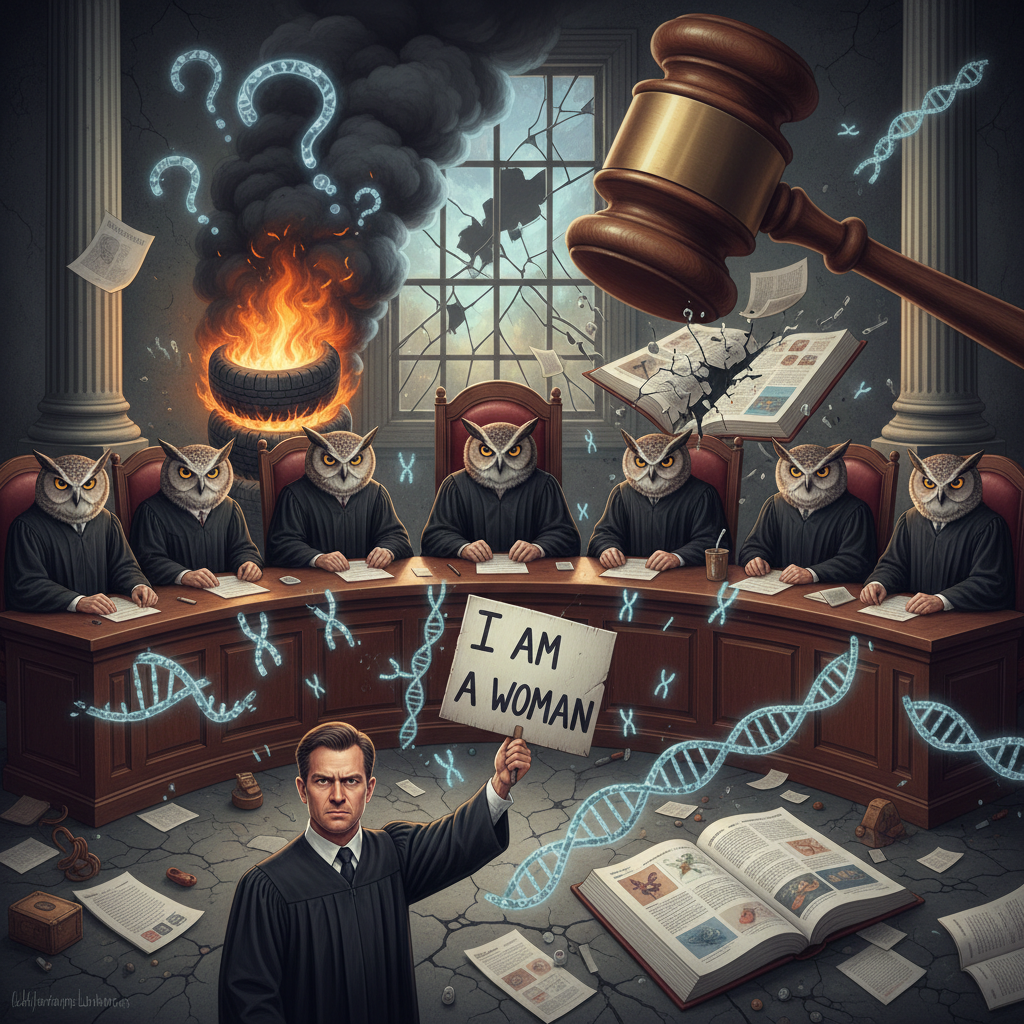Hot diggity damn, dear reader…tonight is Burns Night! Since you are not already drinking whisky and jumping off the furniture, I can only assume you are unfamiliar with Burns Night. Fair enough…it is my depressing belief that very few Americans read much anymore. I’m not confident that many of them can read. But that’s another topic for another day. Today is Burns Night, dammit.
Today we celebrate the birthday of the OG wordsmith of Scotland, Robert Burns! Born January 25, 1759, this literary legend penned verses that Rolling Stone said, “flowed as smoothly as a fine Scotch whisky and as sharply as the Highland wind.” Fact check: true. This founding member of the D.P.S. was not only a rebel with a quill…he was the man who made haggis a legitimate subject of lyrical devotion.
Speaking of haggis, have you read his “Address to a Haggis?” Only Burns could turn a sheep’s stomach stuffed with oats into an ode of unparalleled grandeur. Any Burns Night celebration worth its salt (certainly any I’ve ever attended) features a massive haggis, held aloft by a group of dudes in kilts, making a lap around the entire room so all in attendance can get a close-up look at what they’re about to eat. There are whoops and cheers (especially by those of us who’ve been drinking Snakebites for the previous few hours). When the haggis has finished its tour around the room, it is eventually placed on a table in the center of the room, and someone then reads the “Address to a Haggis,” as significant amounts of whisky is poured over the haggis, and then it is cut with a sword and plates of the rotten stuff is passed around to whomever is daring enough to eat it. At least that’s what how I remember it going down…I was always completely shit-housed by the time the haggis showed up. As it should be. As it must be. Haggis is food for drunk people who are hungry, freezing, and out of options. Sober people cannot eat haggis. I mean it’s physically impossible. The sober mind will not let its physical self willingly consume something so fetid and foul. I have personally verified this theory many times: cold nights in San Francisco when the fridge was a little barren at home, a warm, whisky covered haggis is goddamn delicious. Sober with a full stomach, and that same haggis is repugnant.
And let’s not forget Burns’ saucier side. He also gifted us with “The Fornicator,” a tribute to all of us unapologetic fornicators, including himself.
And fornicate he did! Burns fathered 12 children, nine of them out of wedlock. He was prolific in many ways. He worked as a farmer, a customs officer, and was allegedly the smoothest talker north of the border. Burns was into the Enlightenment philosophers and could talk about Rousseau and Voltaire while slamming shots.
Like so many greats, Burns’ spark was snuffed out too soon. He died on July 21, 1796, at the age of 37, likely due to rheumatic fever exacerbated by his hard-living ways. Remarkably, the day he was laid to rest, his son Maxwell was born.
Today I recommend you crack your Burns anthology and check out “Tam o’ Shanter” or “A Red, Red Rose.” Or, better yet, you could gut a pig, make some haggis, and recite the “Address” as you wash it down with whisky.
Slàinte, Robby!
N.P.: “Shy Boy” – JD McPherson




